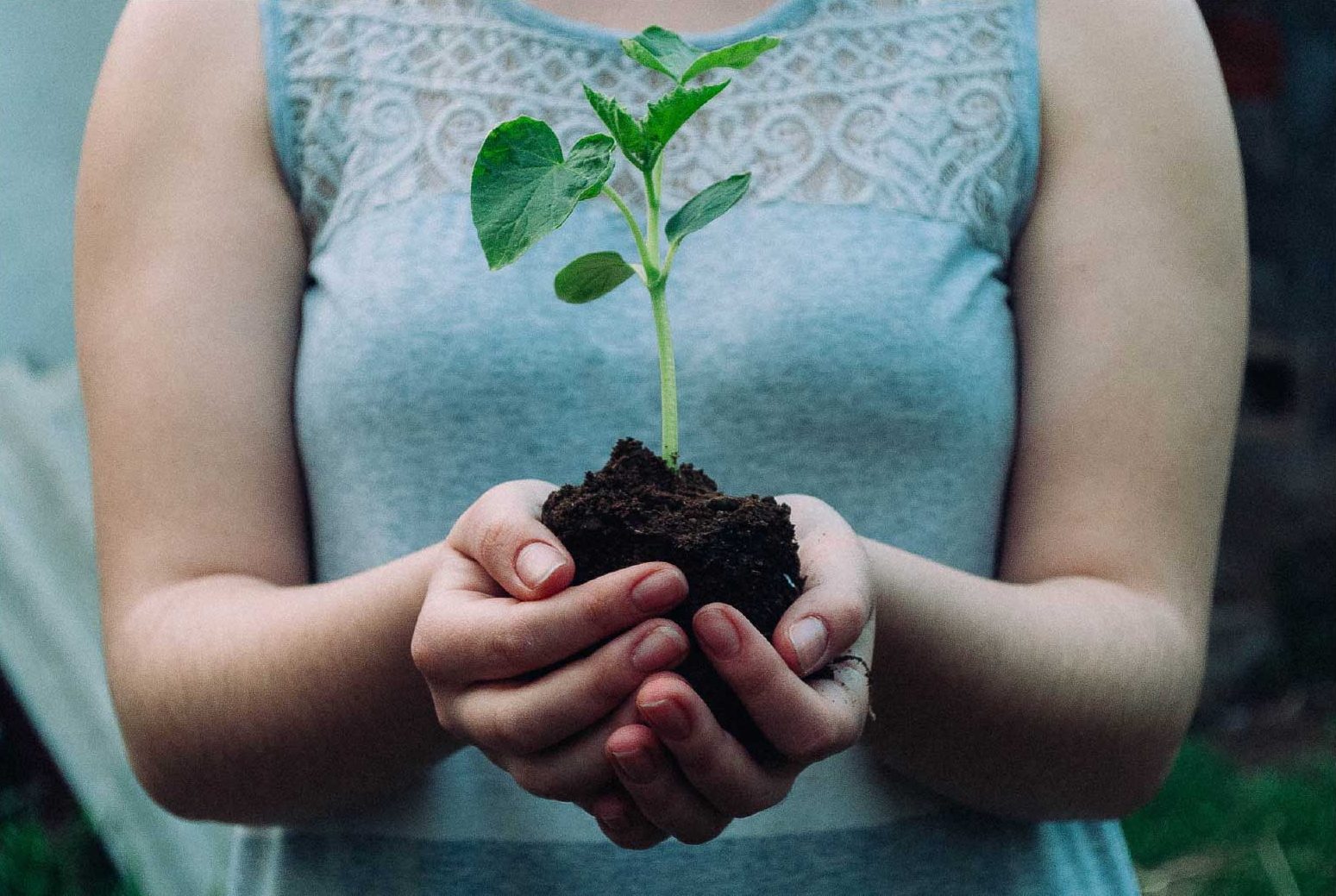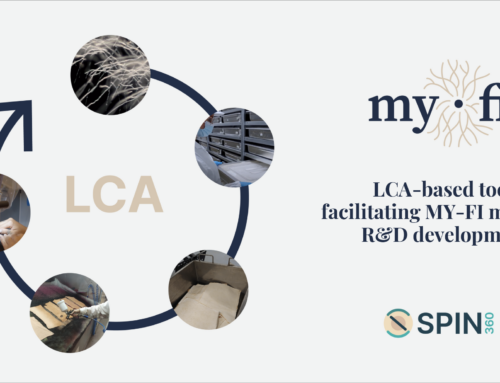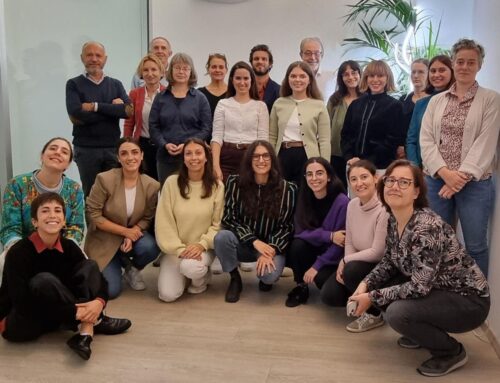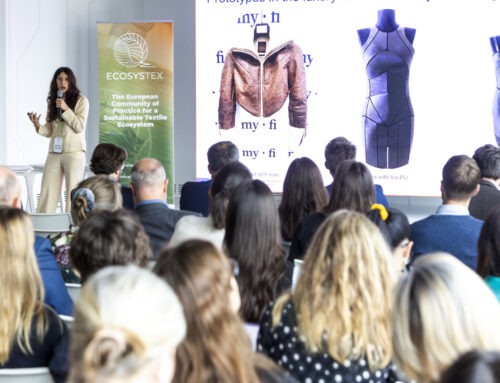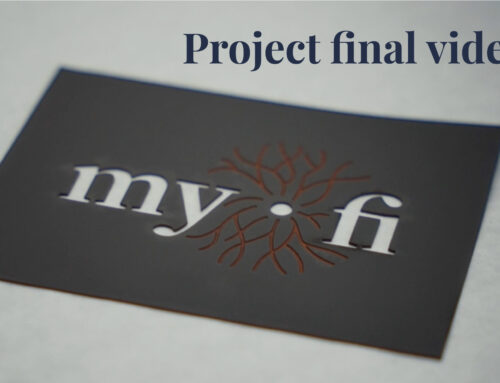Mycelium-based materials present several environmental benefits.
They are biobased, being derived from mycelium: this means they can be easily disposed through composting at the end of their life and without releasing microplastics or toxic compounds into the environment.
As a replacement of fossil fuel-based alternatives, they can help to prevent the depletion of the associated resources and the related negative emissions. Their production is indeed characterized by an extremely limited water consumption and carbon footprint, as well as by a reduced amount of chemicals.
In addition, mycelium can grow on several organic substrates, particularly including residues of other value chains, thus helping to close loops and reframing the notion of waste. Finally, since its growth can be tailored to different scales and needs, losses along the value chain and further residues can be reduced to minimal.
Within MY-FI we will adopt a Life Cycle Thinking approach to the evaluation of environmental impact of mycelium-based biofabrication to understand its benefits and margins for improvements.
